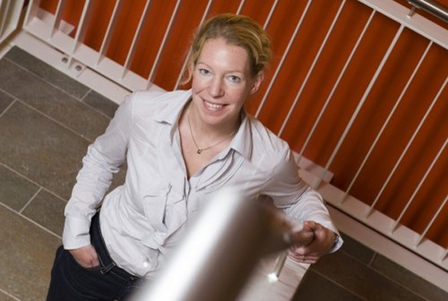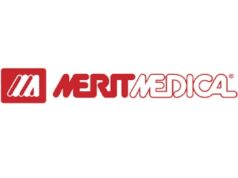The study, which was presented at the European Society for Radiotherapy and Oncology (ESTRO) 19 to 23 April 2013, Geneva, Switzerland, used the latest cost effectiveness model to look at relevant recent data for prostate cancer. The study analysed research findings from six recent overview studies, involving 55,000 patients and looked at disease progression, associated costs and outcomes extrapolated over a ten-year time horizon from a UK National Health Service (NHS) cost perspective.
The study authors found that in patients where the prostate cancer remains localised, brachytherapy is more cost effective and offers better quality of life outcomes—either when used alone in low risk patients where “active surveillance” is not favoured or in combination with external beam radiation therapy (EBRT) for higher risk patients.
According to a press release, brachytherapy is a highly targeted form of radiotherapy where a radiation source is placed inside or next to the area that requires treatment. By doing so, it reduces the risk of unnecessary damage to healthy tissue and organs and reduces side effects such as incontinence and erectile dysfunction.According to the study findings, Brachytherapy is underused in the UK where only 4% to 5% of patients are treated with it compared with 8% in Germany and 25% the USA.
Around 50% of prostate cancer patients in the UK are treated using surgery, which is associated with an increased risk of incontinence and impotence compared to radiotherapy treatments.Despite the increased risk, younger men choose surgery over radiotherapy—studies have shown that this treatment choice is influenced by the patient’s first consultation with their doctor.
Lotte Steuten, Health Technology Assessment at University of Twente, The Netherlands, and the lead author of the study said: “Prostate cancer is the most common cancer in men and UK survival rates are lower than in comparable countries such as Norway and Sweden. Brachytherapy is offered as an out-patient procedure, which means it has shorter recovery time than surgery and our findings reflect that it is more cost effective. We would urge all practitioners involved in the care of people with prostate cancer to consider these results and how they can achieve the best outcomes for their patients as well as cost effectiveness for the healthcare system compared to other treatments excluding active surveillance.”
Christine Elwell, Northampton General Hospital, UK, commented: “In the past 20 years we have made huge strides in prostate cancer survival. But we cannot and should not lose sight of quality of life. This long term analysis joins a growing body of evidence that brachytherapy should be considered in more cases and can improve outcomes.”
Ben Pais, Nucletron, Elekta’s vice president Medical Affairs, said: “The NHS recently outlined its commitment to improving radiotherapy services across England as part of its ambition to save an extra 5,000 lives a year from cancer. These findings reflect that brachytherapy can offer better outcomes and is the most cost effective treatment option.”
The study was funded by a research grant provided by Elekta.














